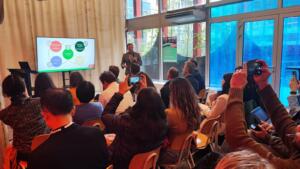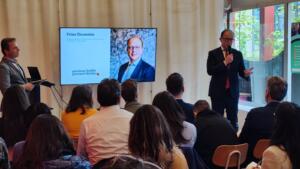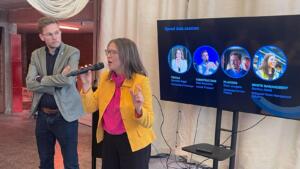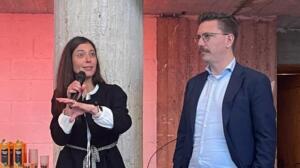Highlights ‘Inspiring Best Practices from a Circular Hub in the Northern Netherlands’
April 24, 2024
During the World Circular Economy Forum (WCEF) that took place from April 15 to 18 2024, Holland Circular Hotspot, together with Chemport Europe, the provinces of Groningen and Friesland, the Municipality of Groningen, hubs Circulair Groningen and Circular Friesland, Groningen Seaports, Greenwise Circular Plastics, and Bollegraaf presented the regional approach to collaboration in the value chains of plastics, textile, waste management, and the built environment.
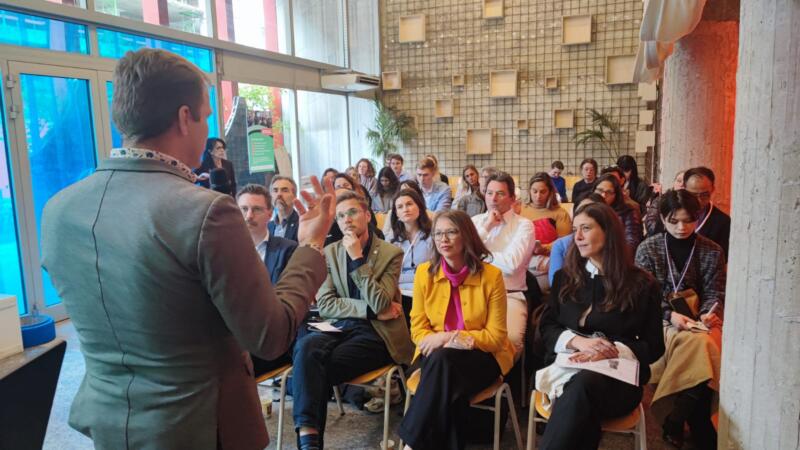
“The Northern Netherlands achieved a level of collaboration in the value chain that is quite unique and an inspiration for municipalities, provinces and regions around the globe”
Stéphanie Schuitemaker, Holland Circular Hotspot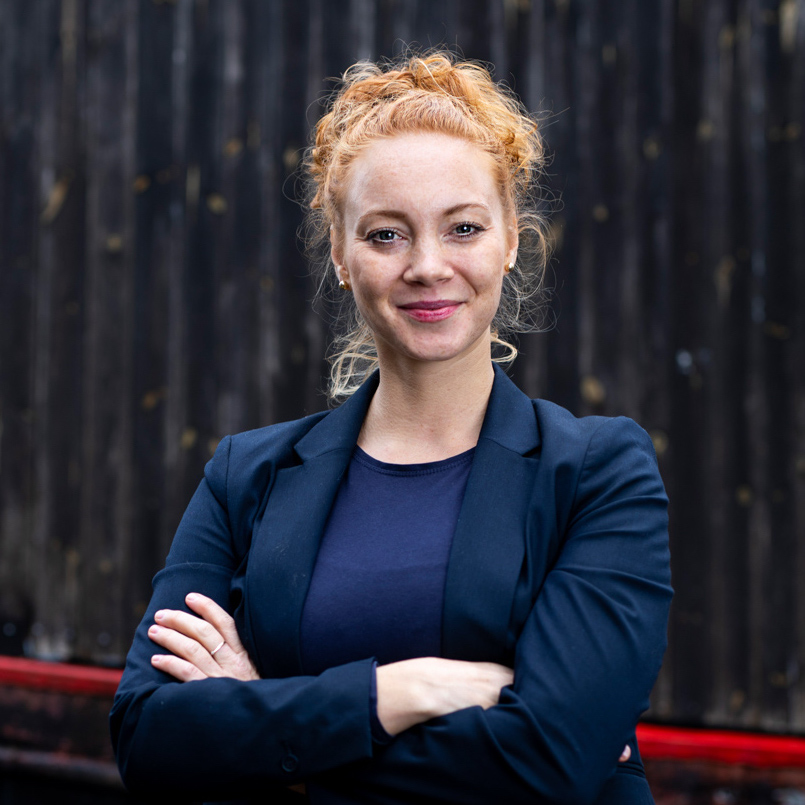
A transition towards circular economy inspired by the Northern Netherlands
In an official opening and engaging speech by Friso Douwstra, deputy of the province of Friesland on behalf of Northern Netherlands, the importance of EU cooperation in the transition to circular economy was emphasized. He explained how the Netherlands works from within the region with European partners to achieve circularity goals.
Bart Volkers, director of Circulair Groningen and moderator of the session, presented the idea of building a regional circular hub for circularity, and illustrated, with best practices from city of Groningen, how a bottom-up approach can be used in an European environment to create a future-proof economy in Europe.
Four themes – textiles, built environment, plastics, and waste management – were highlighted by speakers from the municipality of Groningen, Greenwise Circular Plastics, and Bollegraaf. By sharing today’s challenges and solutions in these fields of textiles, construction, circular plastic and waste management, they showed how a circular approach can create concrete socio-environmental value and positively contribute to a climate neutral world.
Circular textiles - a replicable model for municipalities
The municipality of Groningen adapted a collaborative strategy for transitioning to a circular economy, emphasising the importance of long-term partnerships to convert waste streams into reusable products. Carolina Vogel explained that through this approach it is possible to foster sustainable businesses, to create jobs, and to promote inclusion. Hence, by establishing circular resource hubs, Groningen is leading by example, offering applicable models for other municipalities.
One of the examples pointed out by Carolina Vogel, is Groningen’s initiative to save 10% of collected textile waste for use in pilots and/or experiments with SMEs and regulation.
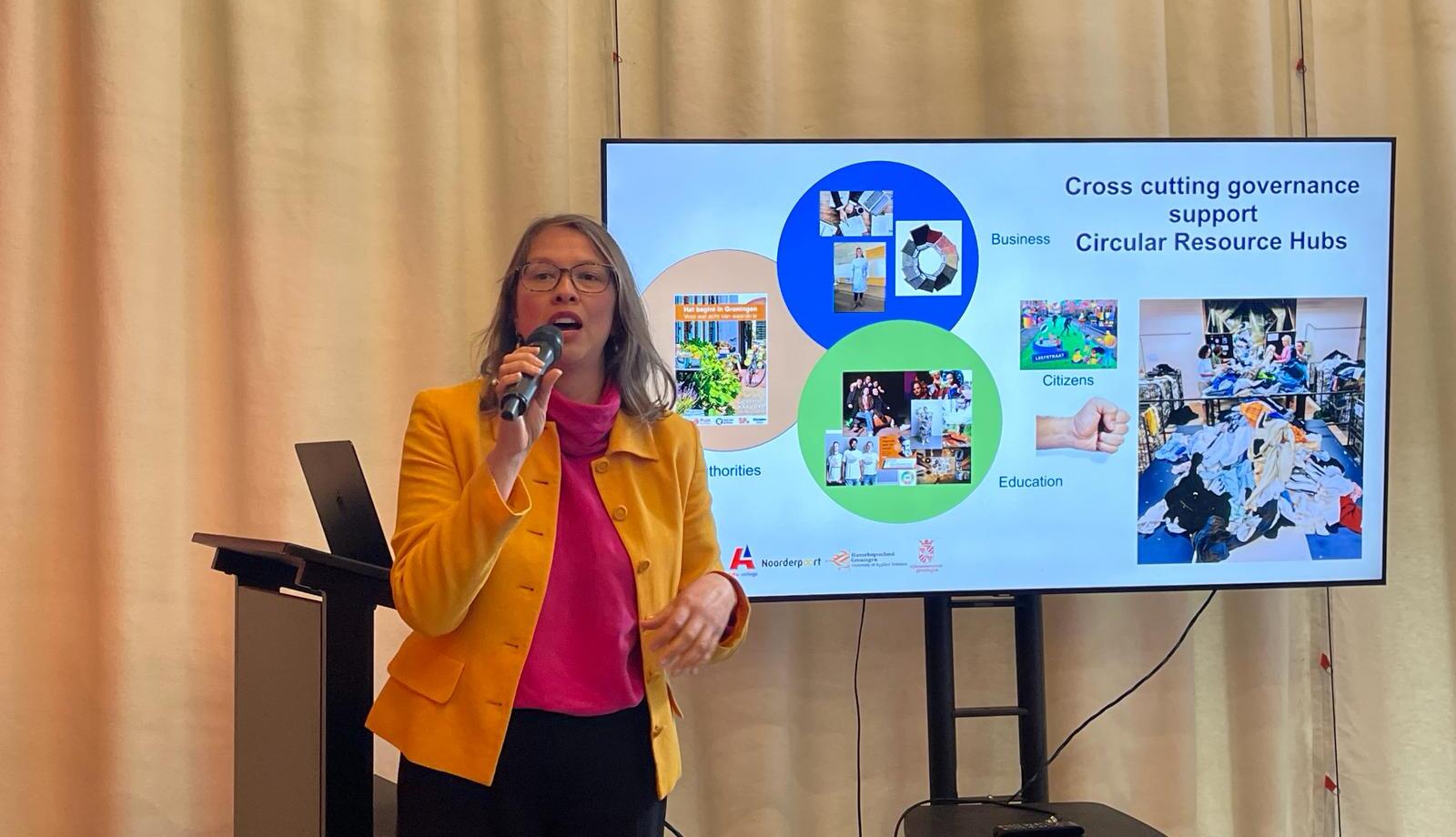
Circular construction and the built environment - the new norm
Friesland is currently working on creating a demand for circular construction. Nick Boersma from Circular Friesland shared the process, successes and challenges they face. To be able to facilitate the creation of an innovative value chain that could ensure circular construction to be the new norm, it is essential to find partners to learn from and with. Hence, Nick Boersma stressed the importance of exchange of knowledge and experience and exploring collaborative potential for European projects, specifically in the fields of bio based, urban mining and water technology.
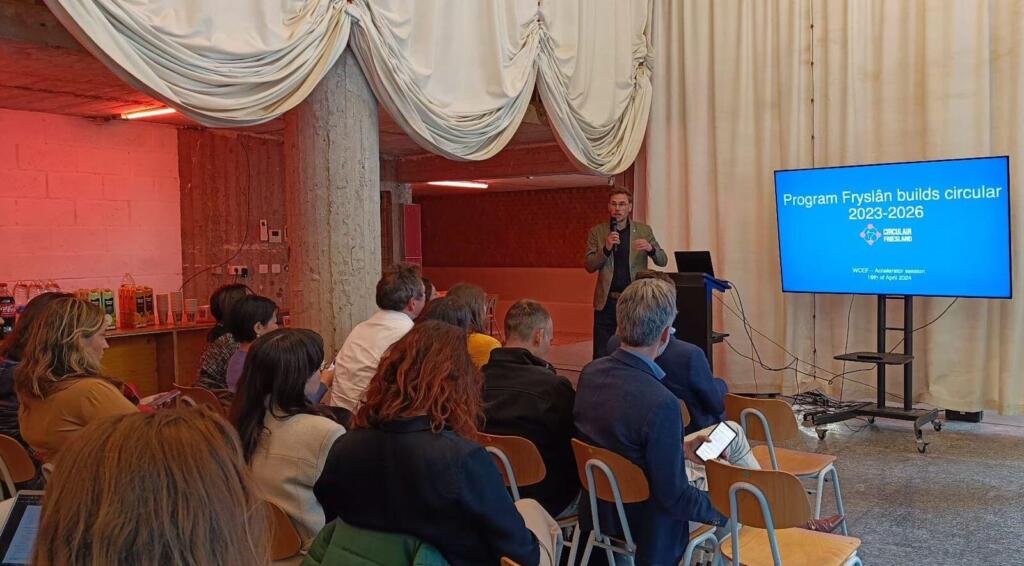
Plastics - a multidisciplinary approach to scale up circularity
To improve circularity in plastics, the Northern Netherlands adopted a multidisciplinary approach as a region. Sven Jurgens from Greenwise Circular Plastics, presented how advancing technical innovations developed in the region by linking technology with other fields of knowledge such as behaviour, environment, business models, and regulation, facilitate scaling up circular initiatives. During the presentation, Sven Jurgens pointed out how important it is to work together in different levels of education and fields to really bring the effective long-term circular change that is wanted, not only project after project but also as a learning experience. Hence, he stressed it is crucial to have partners in a range of fields like with a legal perspective, with a focus on removing barriers, and working on advanced technologies, to ensure that the change is really happening.
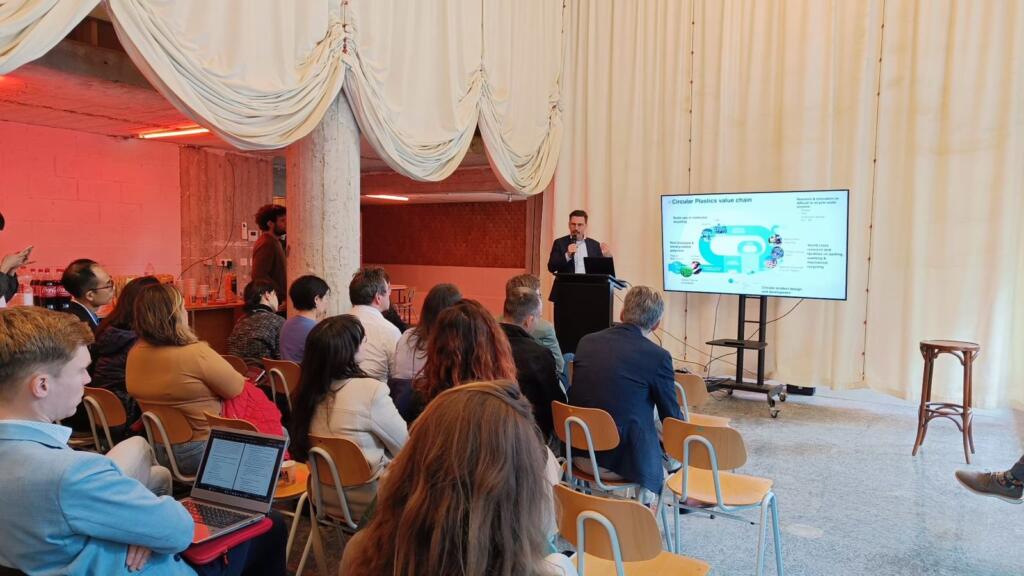
Waste management - digitisation and Artificial Intelligence
As plastics is an important waste stream to Bollegraaf, Martine Assié elaborated further on circularity in plastics from a waste management- and business perspective. Waste management is an essential step in any circular value chain and Martine Assié, showed how Bollegraaf builds new machines that can identify different material compositions and ensure the different purity demands. She presented the new technology of the “Grey parrot AI” that can trace and create data for legislators on efficiency and on amounts recycled per type of plastics. According to Martine Assié, the legislative system is actually the real driver behind the change, as it currently puts recyclers in a difficult place, while private companies look at alternative opportunities for investment.
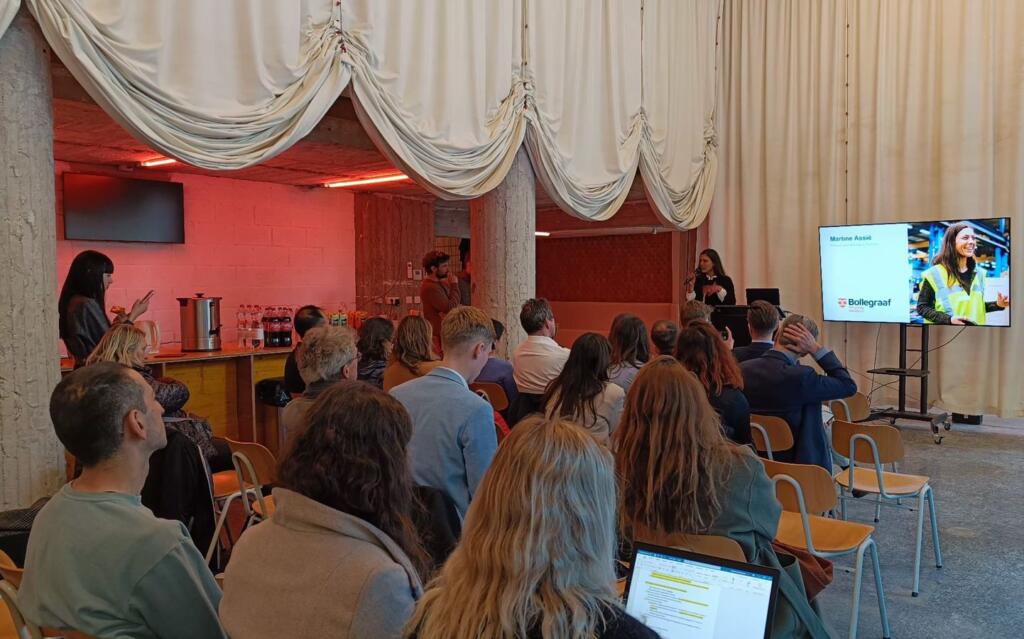
This accelerator session aimed to encourage regions, local authorities, regional partnerships and companies to take action in the transition to a circular economy. Best practices showed that by working together at European and national level, ambitions can be set, and laws and regulation can be developed to ensure preconditions to act fast on the urgently needed transition to a circular economy.

